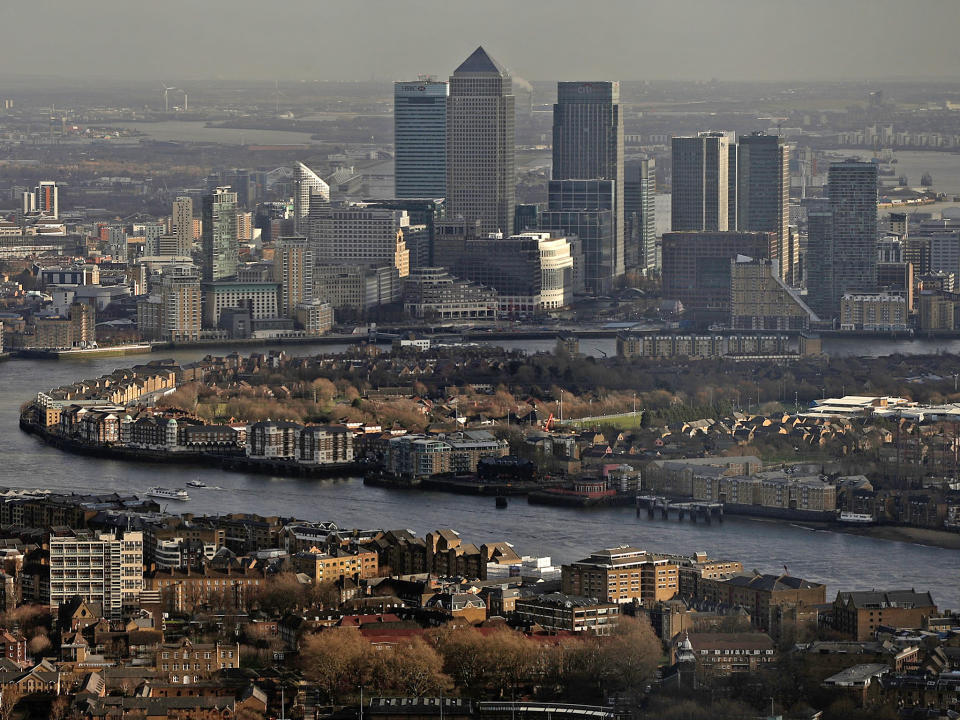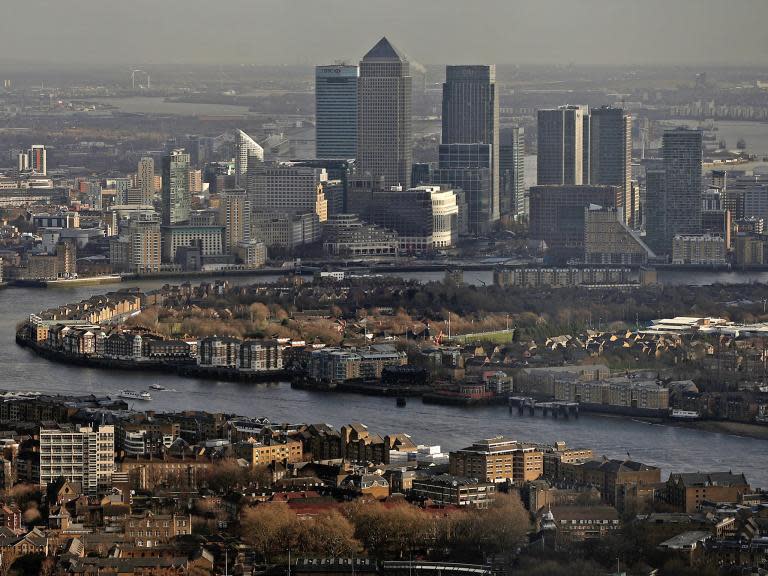Brexit: EU to move key agencies from London to France and Netherlands when UK leaves, Brussels announces
France and Netherlands will benefit from Brexit at the expense of the UK, as key EU agencies previously hosted by Britain are moved abroad.
The European Council announced the new locations of the European Medicines Agency and the European Banking Authority, both currently in London, after a meeting in Brussels on Monday.
Over a dozen EU member states lobbied vigorously to be the new hosts of the two regulators, which are sought after because of the benefits they bring for local employment, their function as a hub for their industries, and for their prestige.
As well as the boost from the agencies themselves, their relocation is also expected to attract the assorted offices of major pharmaceutical companies, financial institutions, and their associated lobbyists and consultancies.
The agencies’ previous location in the UK recognised Britain’s role as a financial and pharmaceutical industry superpower within the EU. In April, Brexit Secretary David Davis wrongly said the agencies would be able to stay in Britain after Brexit.
The European Medicines Agency (EMA), which employs around 1,000 well-paid staff, coordinates the evaluation of the safety and effectiveness of treatments by national agencies before they can be used across the EU.
The smaller European Banking Authority (EBA), which has between 100 and 200 staff, enforces EU bank regulations, stress tests banks, and can overrule national bank regulators if they are found to be breaking European rules.
European Council president Donald Tusk said that “the real winner of today’s vote is EU27”, adding that the bloc was “organised and getting ready for Brexit”.
The new locations were chosen by a complex round voting system, with all 27 member states having a vote at the General Affairs Council in Brussels. 19 cities in total bidded for the EMA, while eight sought to host the EBA.
In the first round of voting, each country chose a first, second and third choice. A second elimination round of votes between the top three and a third round of votes between the top two then chose the winners.
Both votes are understood to have gone down to the wire. Matti Maasikas, the Estonian special representative chairing the European Council, said the selection had been made “according to the procedure”.
“It was a tight competition and we needed to draw lots of both cases,” he said.
For the medicines agency, sources familiar with the meeting told Reuters that Milan was two votes short of outright victory in a second round of voting, with 12 votes – ahead of nine for Amsterdam and five for Copenhagen.
However, after the Danish capital was knocked out, its votes mostly went to Amsterdam, producing a 13-13 tie.
Under the rules of the selection process, the Estonian minister chairing the meeting stepped in and drew lots to decide the winner.
The vote for the banking agency was also tied, and was resolved by drawing a name from a hat at random, with Paris in the run-off against Dublin. Frankfurt, the location of the eurozone’s European Central Bank (ECB), was eliminated in the penultimate round.
Asked whether the agencies could be returned to London if Britain revoked Article 50, Mr Maasikas said: “I will not go into any hypothetical scenario.”

 Yahoo News
Yahoo News 

